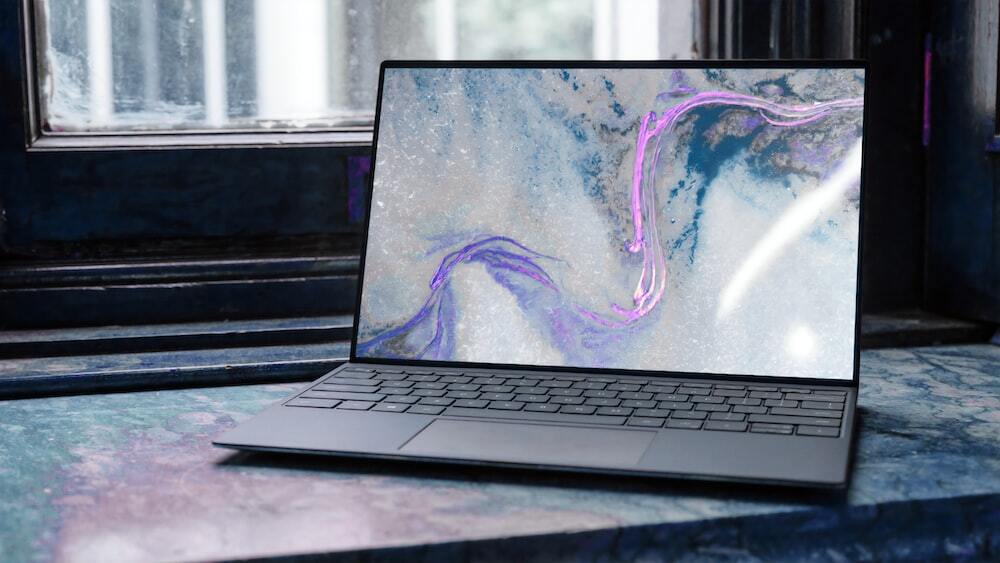Laptop Vs Tablet, Which One Is Better and Why

Laptops, tablets, and other gadgets are now an inevitable part of every modern workspace. They are employed for doing multiple tasks which are the backbone of every organization. Every manager knows very well that the use of the right kind of device by employees can potentially have a huge impact on the productivity and performance of organizations. That’s why it is very important to give due consideration before making a final purchase. When it comes to the question of selection between laptops and tablets, many managers find it hard to reach the conclusion. Read this blog, this has been written specifically to assist you in this regard
Table of Content
Laptop vs Tablet:
Both devices share many similarities. In terms of size, processors, battery life, and software, both laptop and tablet are becoming more and more similar. But there are some distinct advantages and disadvantages of each device and understanding them is key before making an informed decision.
Advantages and Disadvantages of Laptop:
Laptops are portable forms of desktop computers that are built in such a way that all input, output, and other components are embedded within a single hardware unit.
Advantages of Using Laptops:
- Laptops are the perfect answer for performing multiple tasks. They are large enough to accommodate fans to keep the processors cool. That’s why laptops are used for performing processor-heavy multiple professional jobs simultaneously.
- Laptops provide much larger internal space for storing large amounts of data. Additionally, they can be connected easily to external storage devices which makes them most suitable for running business applications in the workspace
- There is no denying when it comes to creating long documents and presentations with plenty of text, laptops are way more convenient and productive. Their physical keyboards are designed in view of ergonomics and provide comfortable input tools for compiling large documents with ease and convenience. The trackpad is also an added feature, providing an easy navigational tool, and the option of connecting a wired or wireless mouse adds further to the functionality of the laptops.
Disadvantages of Using Laptops:
- Since laptops are equipped with larger screen sizes (between 12-inches to 17-inches), studies and thick superstructure, and more powerful batteries, they are heavier as compared to tablets. When it comes to transportation, they need to be packed in workbags or backpacks.
- Laptops are more expensive because they are provided with cutting-edge specifications suitable for performing high-end creative works. Concomitant with more functionality and versatility, the price increases considerably. This is a serious drawback when we want to acquire a laptop for performing basic functions, purchasing laptops seems like a huge investment.
- Security is another major concern. Viruses are built to attack computers, therefore any desktop version of the computer is prone and vulnerable to malware and other cyber-attacks. The additional cost of purchasing antivirus programs adds to the overall costs associated with laptops.
Pros and Cons of Using Tablets:
Tablets are Tablets Computers are devices that are built to operate on mobile operating systems and are equipped with generally a touchscreen. These are flat, chargeable, and thin. Tablets are increasingly finding more and more applications in various fields. Like laptops, they also offer advantages and disadvantages to the users which are discussed below.
Advantages of Tablets:
- Tablets are the perfect choice for those who are frequent travelers. They are small, thin, and lightweight and can be fit in purses and even pockets. Their extreme portability means that you can work everywhere with help of tablets.
- The long-lasting batteries are another edge that tablets enjoy in comparison with laptops. The long-lasting nature of batteries is the outcome of smaller screen sizes and lesser hardware units that tablets have.
- They are less expensive and cost-effective solutions for doing basic work like web browsing, consuming video content, and reading documents and e-books or brochures.
- Most tablets work on a closed system. Therefore, they have built-in protection against malware and other breaches of security. From a business point of view, it is safer to store data on tablets than on laptops or desktop computers.
- Tablets are equipped with higher-resolution cameras which are as advanced as those of smartphones. This property makes them an ideal choice for taking high-quality pictures.
- In addition to these, tablets can be used as a GPS navigation device, can provide an easy and handy tool for note-taking in meetings, presentations, and conferences, and finally, they can provide more powerful audio-recording options
Disadvantages of Tablets:
- Tablets generally don’t have as much storage space as their laptop counterparts. This is due to the fact that tablets are equipped with SSD storage. Though some advanced versions of tablets can be connected to external storage, this is a complicated process.
- Secondly, tablets don’t support a physical keyboard which is one of the biggest drawbacks of using tablets. The external keyboard can be connected to tablets through Bluetooth, but these keyboards are hard to use, and carrying them along is itself a cumbersome activity.
- Thirdly, tablets are very prone to damage. Their superstructure is not very sturdy, therefore, they can suffer damages, sometimes irreparable that warrant purchasing of the new device.
- Their performance, though has improved a lot in recent years, can be relied upon for performing complex tasks.
Laptop or Tablets Final Conclusion:
Now, we make a one-liner comparison between laptops and tablets on the basis of some benchmarks:
- In terms of size, tablets are the clear winner because they have a compact design and thinner superstructure.
- In terms of battery backup, again tablets are winners because tablet-battery can last much longer (8-10 hours) in comparison with laptops (5-6 hours).
- In terms of storage, tablets are equipped with SSD storage (min 128GB to max 256 GB or rarely 512 GB) which cannot be expanded much due to budget and space constraints. Laptops are winners here. Their storage starts at 512 GB storage at least.
- In terms of performing processor-heavy tasks, tablets can never beat laptops. laptops provide much faster and more efficient performance.
- When it comes to software, laptops are clearer winners. Tablets can only be run on mobile OS systems, whereas there are multiple operating systems and compatible applications and software available for laptops.
- In terms of price, tablets are inexpensive. Here tablets are winners.
How We Can Help You:
Looking for a cost-effective acquisition of a laptop or tablet? Rest assured you are in the right place. Morgan Ingland LLC has always served its customers with cutting-end ICT hardware and high-end IT services at the most competitive price on the market. We deal in every brand of laptops and tablets including APC, DELL, HPE, Apple, Lenovo, and more. We have everything at our disposal to help you find the best bang for your buck. Feel free to contact us at 415-704-8713 or email us at info@miatlantic.us.

















